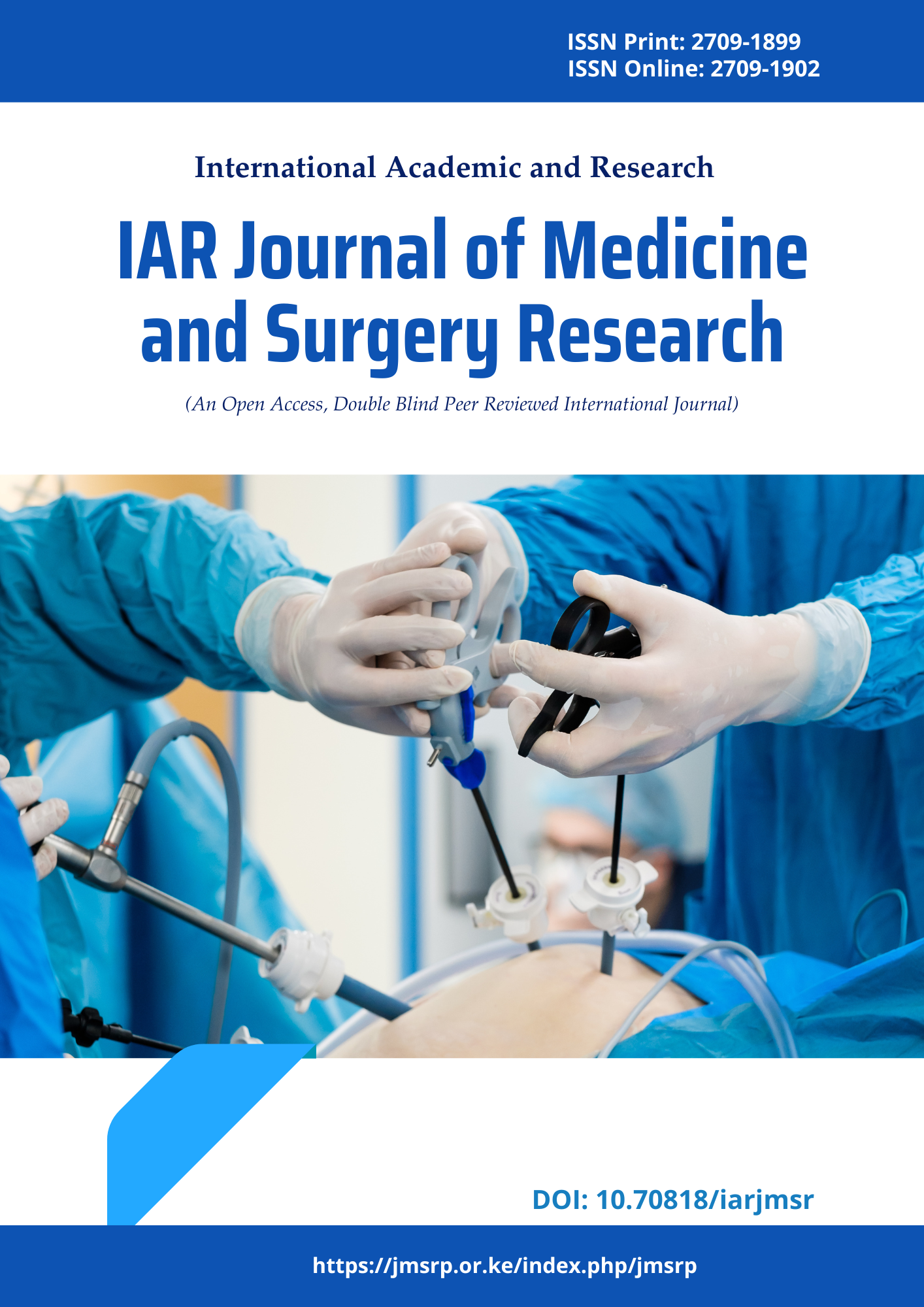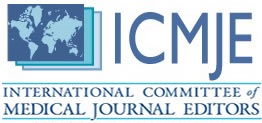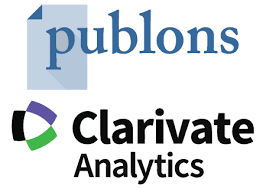
Post Publication discussions and Corrections
Post publication discussions:
We kindly request feedback on any published matters, including layout, format, texts, figures, and tables; moreover, the subject and content of any manuscript sections, particularly the results and discussion and the conclusions, from authors, co-authors, reviewers, and our esteemed readers. Kindly send us an email at editor@jmsrp.or.ke with the subject line "Email with copy of manuscript DOI number." If necessary, the section editor of the published article will address your feedback with the related author and peer reviewers after reviewing it. To determine the appropriate course of action, the editor-in-chief will discuss the final findings of these investigations. It could take the form of a polite private response to you, the journal posting a note or brief statement about that piece, editing portions of the article with or without notifying the public, or, in extremely rare cases, removing the article from our Journal. The reviewing authors and the corresponding author will receive an email outlining all factors and standards for the ultimate judgement. The matter will be published in the our Journal for public notice, if necessary.
Post publication corrections
A Correction notice will be issued when it is necessary to correct an error or omission, where the interpretation of the article may be impacted but the scholarly integrity or original findings remains intact.
A correction notice, where possible, should always be written and approved by all authors of the original article. On very rare occasions where there is a need to correct an error made in the publication process, the journal may be required to issue a correction without the authors’ direct input. However, should this occur, the journal will make best efforts to notify the authors.
Please note that correction requests may be subject to full review, and if queries are raised, you may be expected to supply further information before the correction is approved.
The COPE guidance can be found here.
Withdrawal Policy:
The Articles may be withdrawn by corresponding author before Publication and accepting for publication. If it is accepted, it could be used only for Articles in Press which represent early versions of articles and sometimes contain errors, or may have been accidentally submitted twice. Occasionally, but less frequently, the articles may represent infringements of professional ethical codes, such as multiple submission, bogus claims of authorship, plagiarism, fraudulent use of data or the like. Articles in Press, articles that have been accepted for publication but have not yet been formally published and do not yet have the complete volume, issue, or page information may be "Withdrawn" from our Journal. Articles which have been published under an issue could not be withdrawn.
Retractions
A Retraction will be issued where a major error (e.g., in the methods or analysis) invalidates the conclusions in the article, or where it appears research or publication misconduct has taken place (e.g., research without required ethical approvals, fabricated data, manipulated images, plagiarism, duplicate publication, etc.).
The decision to retract an article will be made in accordance with both Journal Medical Press policies and COPE guidelines. The decision will follow a full investigation by Medical Press editorial staff in collaboration with the journal’s editorial team. Authors and institutions may request a retraction of their articles if they believe their reasons meet the criteria for retraction.
Retractions are issued to correct the scholarly record and should not be interpreted as punishments for the authors.
The COPE guidance can be found here.
Retractions will be considered in cases where:
- There is clear evidence that the findings are unreliable, either as a result of misconduct (e.g., data fabrication or image manipulation) or honest error (e.g., miscalculation or experimental error).
• The findings have previously been published elsewhere without proper referencing, permission, or justification (e.g., cases of redundant or duplicate publication).
• The research constitutes plagiarism.
• The Editor no longer has confidence in the validity or integrity of the article.
• There is evidence or concerns of authorship for sale.
• There is evidence of compromised peer review or systematic manipulation.
• There is evidence of unethical research, or there is evidence of a breach of editorial policies.
• The authors have deliberately submitted fraudulent or inaccurate information, or breached a warranty provided in the Author Publishing Agreement (APA).














